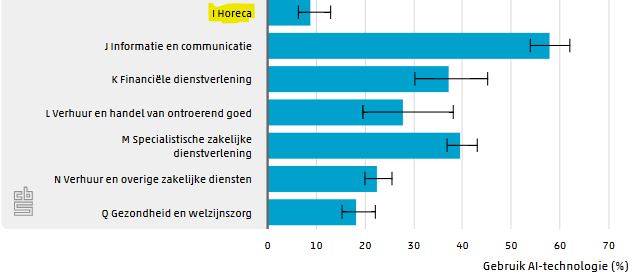A new concept is emerging: vibe marketing. Coined in tech, vibe marketing now describes a hands-on-yet-automated approach to managing customer engagement. In loyalty marketing, it means using intelligent tools to create highly personalized, data-driven programs—without getting lost in technical complexity. Rather than replace marketers, vibe marketing frees them to focus on strategy and creativity. For those looking to scale loyalty efforts with precision and agility, VEMT provides the structure and automation needed to bring the right “vibe” to every customer interaction.

Brand Personality: does it increase Brand Loyalty?
Brand Personality: there’s no Marketing Conference without a guru talking about what you can do to develop the most impressive Brand Personality for your company. But does Brand Personality really deliver a higher customer loyalty? Does it deliver more revenue?
While both academic marketing literature and many popularized marketing books describe a whole range of benefits of creating a strong Brand Personality, the relationship with Brand Loyalty is not always transparent. Often, loyalty strength is indirectly derived from measuring customer satisfaction, but rarely it is proven through hard product sales or revenue numbers, partly because without having a loyalty program in the first place, it’s difficult to connect sales to individual (offline) customers. Loyalty programs are able to measure sales and retention on an individual level.
So, what are the direct influences of Brand Personality to building loyalty? Measuring satisfaction and loyalty might provide insight in levels and trends, but it does not explain what are effective strategies to achieve it.
Next to having a loyalty program that stimulates retention and provides you with the data to get insights, implementing a strong Brand Personality is one of those strategies to accomplish loyalty. Academic research shows a recent increased interest in the impact of brand personality on loyalty. It’s proven that satisfied customers are not necessarily loyal and vice versa. Very satisfied customers do not always show higher retention levels, so purely going for customer satisfaction is not sufficient. So for successful companies (it’s proven that a higher loyalty level significantly increases company long-term success) need to look beyond customer satisfaction as a predictor or driver of loyalty.
The relationship between customer and brand, for which Brand Personality is the metaphor, proves to be a better predictor or driver for Brand Loyalty of consumers. This is caused by today’s competitive markets, in which products and services have become quite similar in quality and differentiation (the main reason why a consumer would be loyal) is not so much in product quality, variety or service completeness anymore, but also in the low risk known brands offer and the expectations they can raise with consumers: the Brand Personality.
Brand switching behavior has completely changed.
Brand switching is no longer mainly based on levels of satisfaction (or product/ service quality) but on expectations level and association: the ingredients you can manage through Brand Personality. In order to keep competitive advantage in today’s markets, brands need to communicate their Brand Personality more explicitly, listen to a constant feedback flow from their customers and use data to understand the various aspects of what different segments of consumers think and experience. This is easier when you have these consumers in your database and can communicate with them directly, and it’s more expensive when you have to pay Facebook and Google to be able to reach them and use that data.





